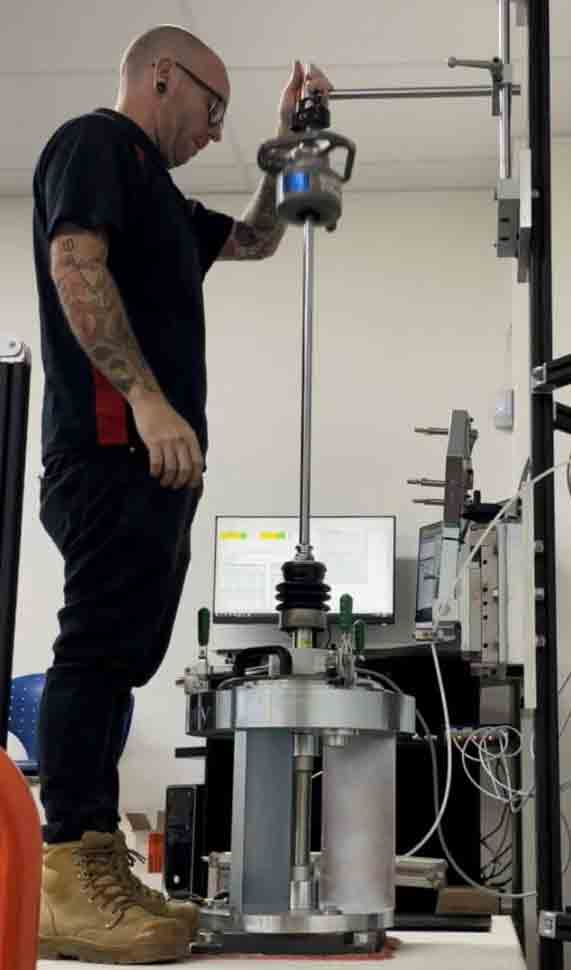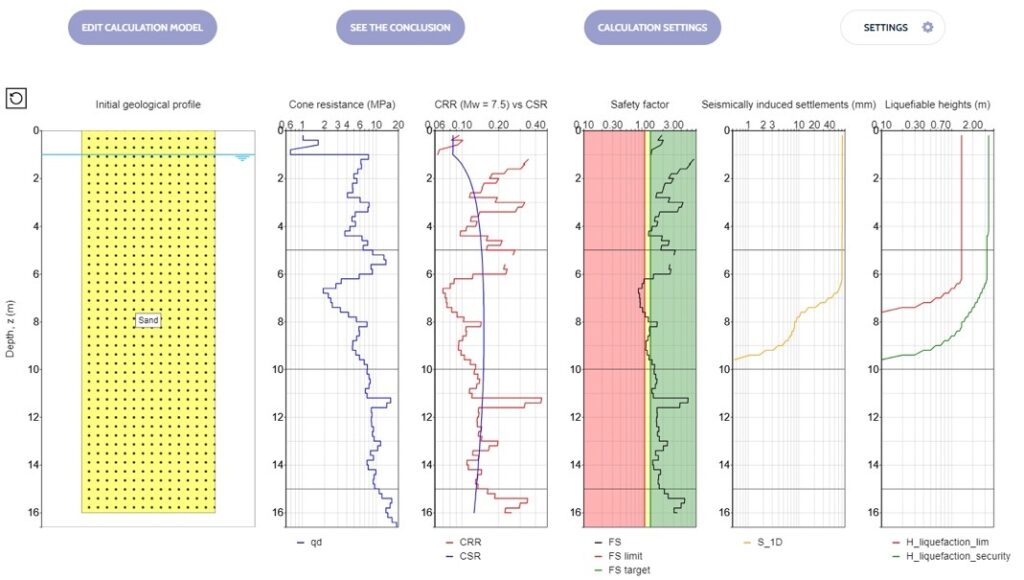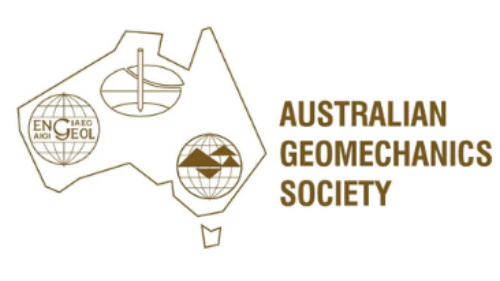Light Weight Deflectomer Local Calibration and Repairs – Announcing Insitutek Trilab Partnership
As well as selling and renting Light Weight Deflectometer to clients, we are delighted to announce a partnership between Insitutek and Trilab for Zorn Instruments Light Weight Deflectometer (LWD) calibrations and repairs.
Insitutek clients now have exclusive access to the only Light Weight Deflectometer calibration and maintenance facility in the Southern Hemisphere. Our Australian based Zorn Calibration Stand and Maintenance Facility in Brisbane is exclusive to Zorn Instruments clients and saves you significant down time compared to calibration and repairs in Germany.
Trilab carries out the calibrations and repairs and Insitutek takes care of everything else including:
- Maintaining the spare parts stock
- Keeping clients up to date with their calibrations
- Arranging door to door freight and insurance (and customs processing where relevant)
- Client liaison for repairs
- Pricing and invoicing
Trilab technicians have been trained in calibration and repairs by Zorn Instruments and the calibration stand was built by Zorn Instruments in Germany.
Insitutek brought the collaboration together to better serve our Asia Pacific clientele.
As they have always done, Insitutek provides a door to door service, from pick up to drop off of your Light Weight Deflectometers.
This includes:
- Equipment transport and insurance from your company to our Brisbane calibration facility (Door to Door)
- Customs Clearance (temporary import) into and out of Australia.
- Calibration
- Repairs
- Equipment transport and insurance from Brisbane back to your company
If you are interested to find out more about the LWD calibration process, this video is a good starter.
As many of you know, we have partnered with Zorn Instruments for over 15 years, selling to, renting to, training and otherwise supporting our Light Weight Deflectometer clients and developing the markets understanding and practical use of the equipment.
Trilab is Australasia’s leading independent supplier of specialised soil and rock mechanics testing, to the Asia-Pacific mining, civil construction and infrastructure industries. They have two full service laboratories in Brisbane and Perth and an extensive calibration facility in Brisbane.
Insitutek is transforming geotechnics, earthworks and pavement construction in Australasia, through insitu testing methods and soil stabilisation.
The PANDA probe is giving us and the construction team very useful insight with immediate feedback on the compaction being achieved on a major new rail construction project in QLD. We have two teams working daily using PANDA DCP’s and the Automatic Hammer on the rail formation, enabling real time decision making with confidence, based on the highly repeatable results.
I must confess that this equipment is fantastic compared to the old technology.
After scouring the market, we settled on the PANDA DCP test equipment as it offered the technical capability and, moreover, the flexibility required to work in the restricted environment our project presented; overhead clearance typically at 1500mm but as low as 1200mm. We had a unique problem that required a unique solution and that’s precisely what we found through the team at Insitutek and the PANDA equipment. The ease of assembly, intuitive operability and compact nature of the equipment, made light of the numerous soundings we required across a widely dispersed area.
Insitutek Blogs
We find clients are often looking for ways to improve geotechnical testing outcomes and do it more efficiently at the same time. This drives their buying decision making. Australian Soil and Concrete Testing (ASCT) was a case in point when they were searching for Plate Load Test equipment for their upcoming Collector Wind Farm project. Some of the things that motivated them include: […]
We are excited to introduce the addition of a new Liquefaction Risk Estimation module in WebSprint©. Paired with our cutting-edge products, PANDA® and GRIZZLY®, this module enables you to assess the liquefaction risk of soils exposed to seismic stress. PANDA® Instrumented DCP: This cutting-edge tool provides dynamic penetrometer soundings, delivering precise data crucial for seismic risk evaluations. GRIZZLY® […]
The Australian Geomechanics Society is gearing up for a series of geotechnical events across VIC, WA, NSW, and SA-NT. We are thrilled to inform you that we will be sponsoring and attending these exciting geotechnical events, and we would love for you to join us. It’s a fantastic opportunity to catch up, explore our booth (VIC), and stay informed about […]




